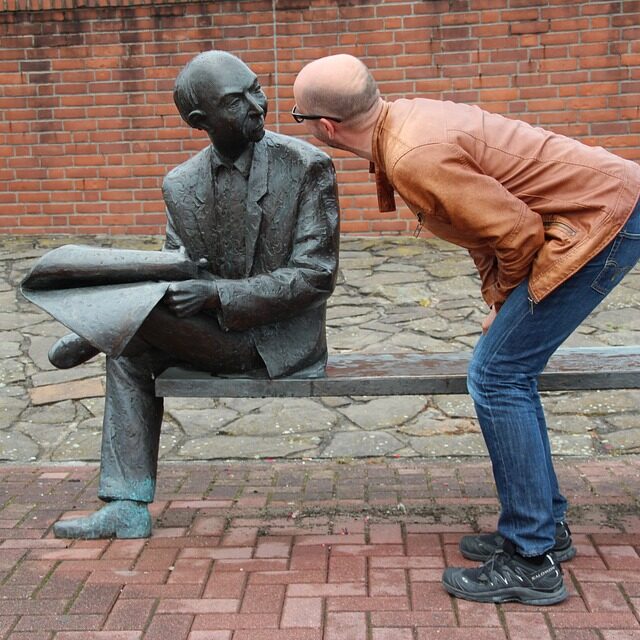
Perhaps the first rule of everything we endeavor to do is to pay attention.
Perhaps the second is to be patient.
And perhaps a third is to be attentive to what the body knows.
BARRY LOPEZ
What’s my
Framework?
Psychotherapy can be useful for men of all ages and all sexual orientations by helping us to connect to our thoughts, feelings, bodies, and relationships in a more focused and intentional way.
It can help us reclaim a sense of aliveness, purpose, and authenticity.
We can become the men we want to be, independent of unrealistic family and community expectations and damaging cultural imperatives, including racism, classism, homophobia, and other damaging belief systems. We can tackle the questions:
What is a good man?
What is a good partner and father?
What are my beliefs about a fulfilling life?

What I Bring to my
Therapy Relationships
Using my training in interpersonal biology, mindfulness practices, feminist and gender studies, as well as my own personal experience as a father partner, son, and brother, I work with men to navigate their relationships–with themselves, their family, friends, and their co-workers– with themselves and others so that they remain emotionally alert.
True to the person they want to be.

